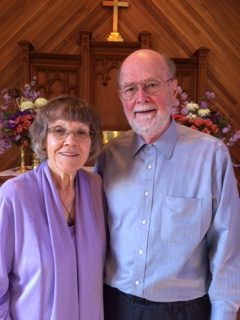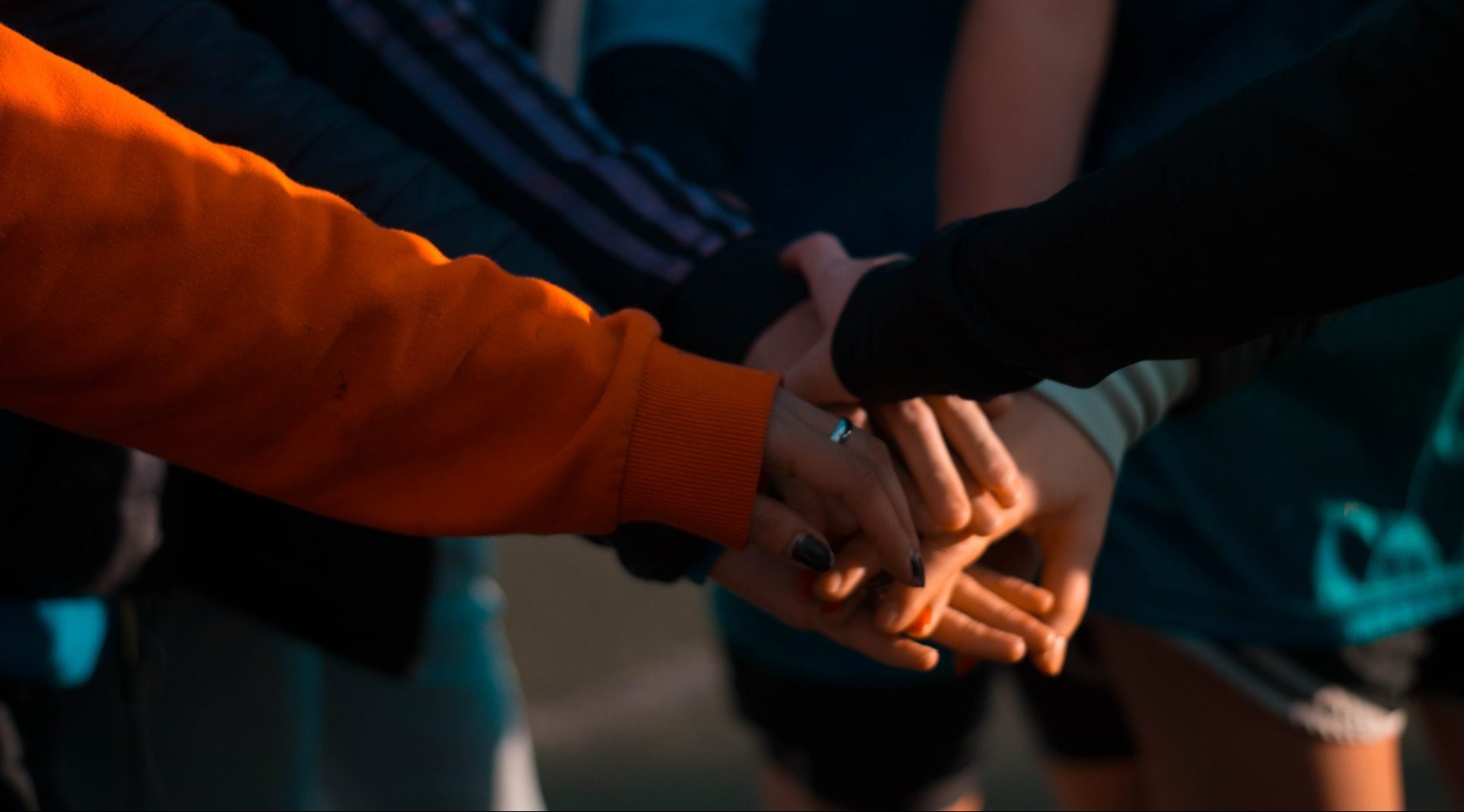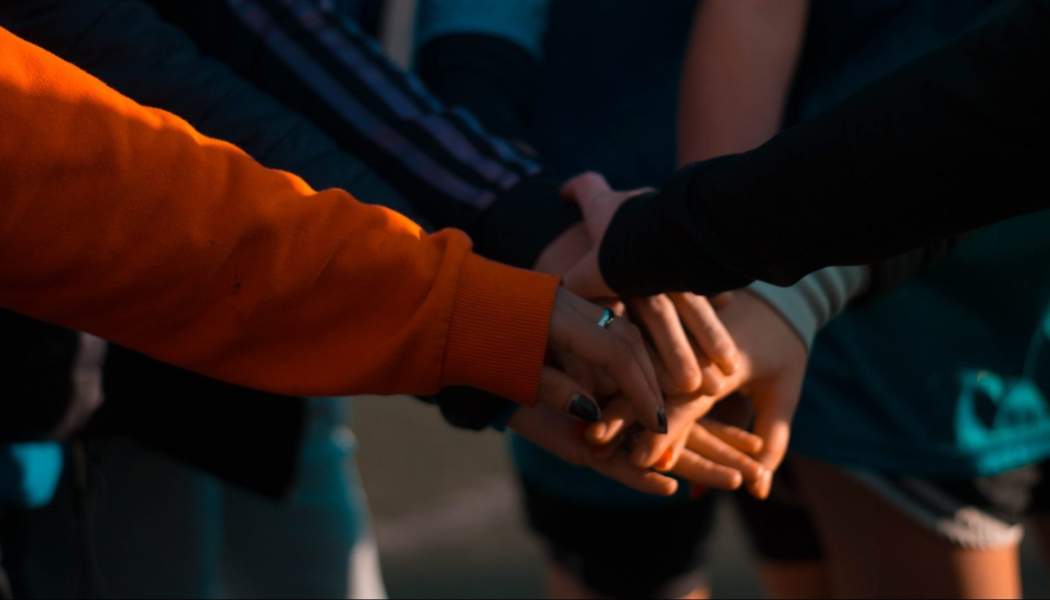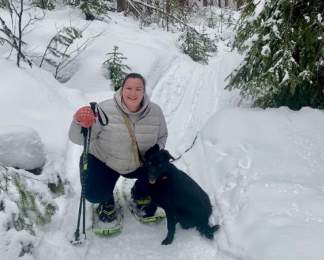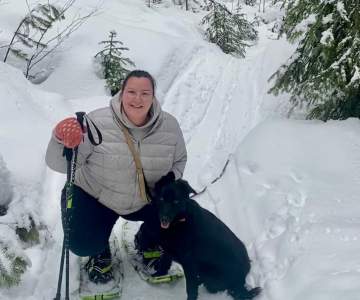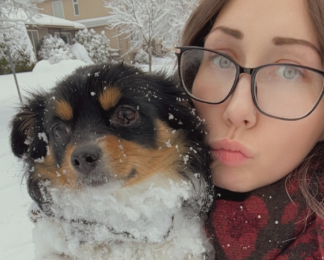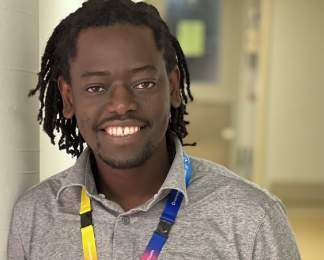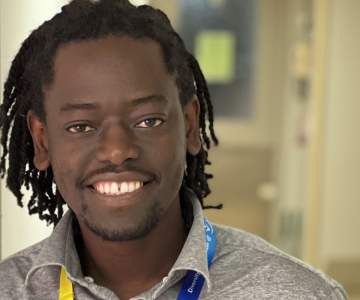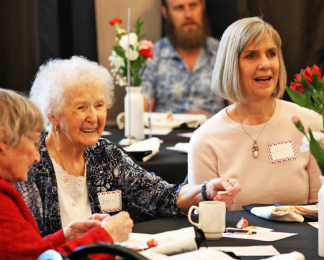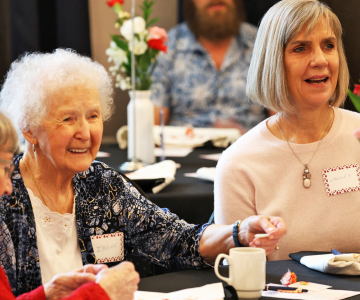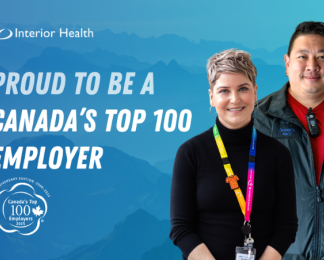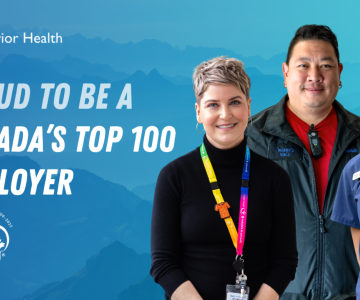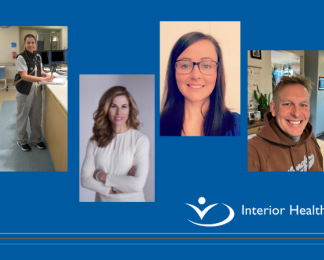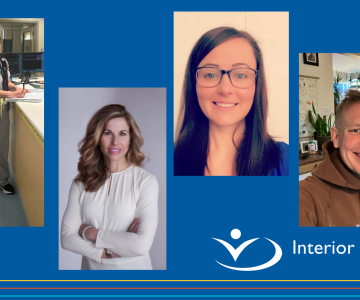Everyone should have a voice in health-care decisions, not just health-care providers – on that point, cancer survivor David Durksen is adamant.
Twenty years ago, David was living in Victoria and on time for a routine doctor’s visit. When he arrived, David’s doctor announced he’d had several cancellations and was going to do something he rarely had the chance to do any more. He reviewed David’s complete medical history.
Based on his findings, the physician asked David to undergo a yearly blood test to screen for prostate cancer.
Although the decision to annually test David and four others for prostate cancer initially raised some eyebrows, four of the five patients, (David included) were diagnosed with early-stage prostate cancer within the first three years.
“That was the first time I’d stopped to consider the opportunity for patients to act as advocates for positive health-care changes,” says David.
“I don’t know what my life might have been like if not for that early diagnosis. My family doctor was under quite a bit of scrutiny at the time from governing bodies who were concerned he was testing unnecessarily. I now understand that we need to support our care providers in making those necessary shifts in how they practice health care.”
After moving to Ashcroft, David became more involved in health care by supporting physician recruitment in his community and participating as a patient partner in numerous Interior Health programs.
Shifting to primary care
“I quickly learned that lasting improvements in health care, especially rural health care, would require a new way of delivering services,” says David. “Rather than relying on the family doctor to see all patients for all ailments, we need team-based care that includes all different health-care providers. The team shares the work and provides different expertise, depending on the medical issue.”
David is confident that this kind of care in the community will help people stay out of hospitals, which he believes is the most economically viable option.
“Having a health-care team that knows a patient and can help to navigate through the system is a key factor in providing the best care and lowering the overall cost of health care,” says David.
Health-care realities in rural communities
“Ashcroft situated in a catchment area with five villages, four unincorporated communities and 23 First Nations communities,” says David. “On a good day, it can take over six hours to drive from one end to the other. In bad weather, it can take twice as long. So we need to have some level of care in every community. “
“There are a number of ways to improve rural health care and create structures that would retain medical professionals,” says David. “For example, we need to focus more on continuity of care so people don’t get lost in the shuffle between regional specialists, treatments in hospitals, and their return to their community!“
“But don’t get me wrong, our large, urban hospitals do incredible work. They are vital to our system and they need resources to do this work. But it can’t come at the cost of turning smaller, rural sites into waste lands,” says David.
Nothing about me, without me
David is a firm believer that the voices of patients, families, caregivers and the communityneed to be incorporated at all levels of the health-care system.
“Patient partners are in a unique position to contribute to those conversations and offer solutions to local problems.”
In the past five years, David has lent his unique insight and expertise to 22 different projects as part of the Patients as Partners Initiative.
